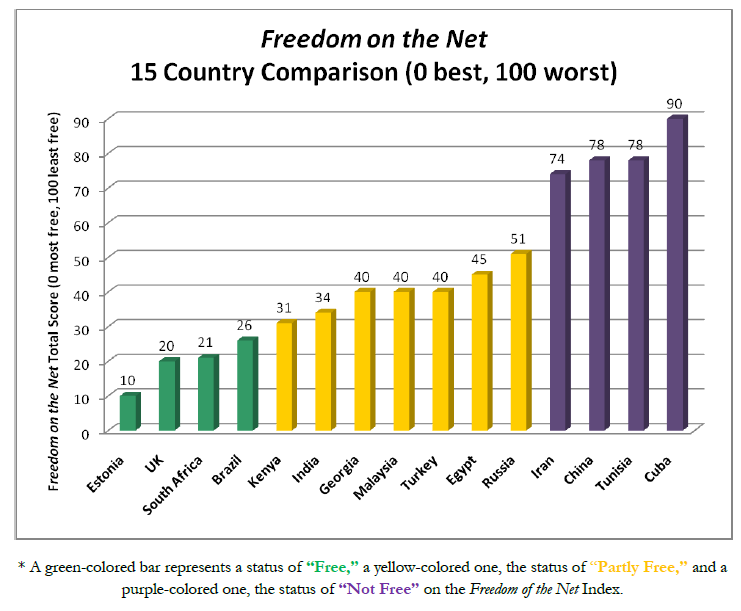April 8, 2009 – 11:55 pm by Civil College
The USA is having a hot period of reforming the government through web2.0 and participatory models - it has become quite obvious during the last times. It does also mean, that NGO’s are helping to find the best policy through various means.
The leader of IT and transparency mashups, the Sunlight Foundation’s president, Elen Miller has collected the results in the official SunlightFoundationBlog of the mentioned Government2.0 Camp, which has been held in a Barcampstyle.
The video and the 10 points can be found below - the post is here!
Ten Measures for Transparency Success from Gov 2.0 on Vimeo.
1. Open data: The federal government should make all data searchable, findable and accessible.
2. Disclose spending data: The government should disclose how it is spending taxpayer dollars, who is spending it and how it’s being spent.
3. Procurement data: How does the government decide where the money is getting spent, who gets it, how they are spending it and how can we measure success.
4. Open portal for public request for information: There should be a central repository for all Freedom of Information Act requests that are public to that people can see in real time when the requests come in, how fast the government responds to them.
5. Distributed data: The government should make sure it builds redundancy in their system so that data is not held in just one location, but held in multiple places in case of a disaster, terrorist attack or some other reason where the data is damaged. Redundancy would guarantee government could rebuild the data for future use.
6. Open meetings: Government meetings should be open to the public so that citizens can tell who is trying to influence government. All schedules should be published as soon as they happen so that people can see who is meeting with whom and who is trying to influence whom.
7. Open government research: Currently, when government conducts research, it usually does not report the data it collects until the project is finished. Government should report its research data while its being collected in beta form. This would be a measure of transparency and would change the relationship that people have to government research as it is being collected.
8. Collection transparency: Government should disclose how it is collecting information, for whom are they collecting the data, and why is it relevant. The public should have the ability to judge whether or not it valuable to them, and giving them the ability to comment on it.
9. Allowing the public to speak directly to the president: Recently, we saw the president participate in something called “Open for Questions,” where he gave the public access to ask questions. This allowed him to burst his bubble and be in touch with the American public directly is another measure of transparency.
10. Searchable, crawl able and accessible data: If the government were to make all data searchable, crawl able and accessible we would go along way in realizing all the goals presented at the Gov 2.0 Camp.
I have to say, this is for the USA. But how about the EU?
What do we have from here? I assume, not much - the recently adopted transparency initiative is really weak - this means, that there is a significant need to have an entity, that draws the light into data formats, standardization and citizen requirements. In this continent, this is a hard stuff. Since we have many organizations, from Mysociety to Transparency International, and the cooperation, the common project developments has just been started recently.
But how do we feel inside ourselves, as a group of people, who already know, how important transparency is for real e-participation?
What kind of transparency do the e-participation players require here- keeping in mind, that real, non-e and e-participation can only based on real and accurate information- the basis of accountability and transparency.
(get some inspiration at https://www.sunlightlabs.com/ , EU related issue here, Transparency on Euractive)
Betöltés…
Posted in News, Trends, Visions | No Comments »




